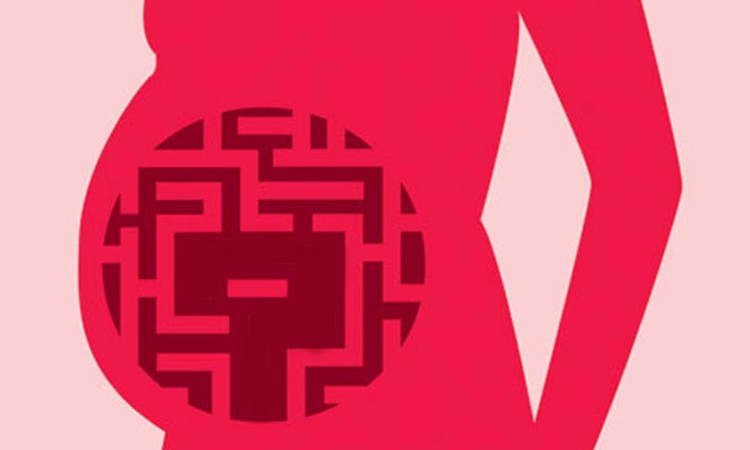In January this year, the Calcutta High Court rejected a woman's petition to terminate her 26-week-old foetus that would be born with Down's Syndrome as it felt that the right to life of a 26-week-old foetus outweighed the mental trauma of the mother. In April 2017, the Supreme Court refused to allow a woman to abort her 27-week foetus diagnosed with polyhydramnios with Arnold...

